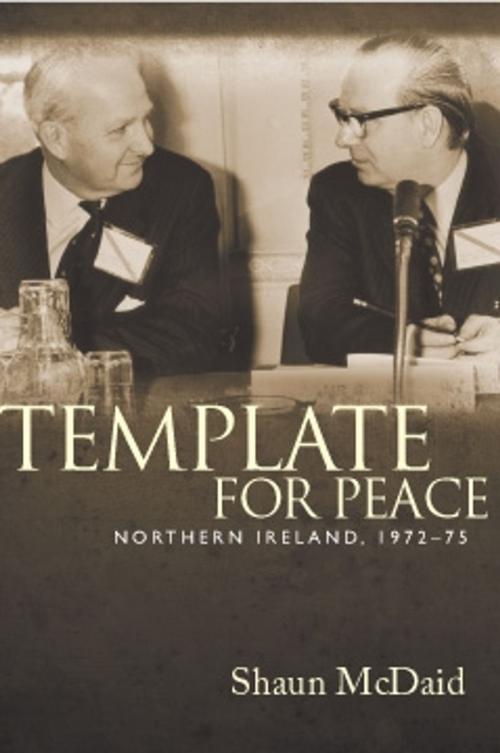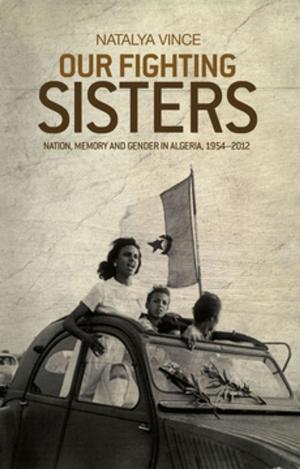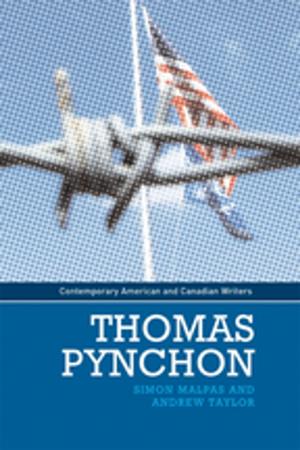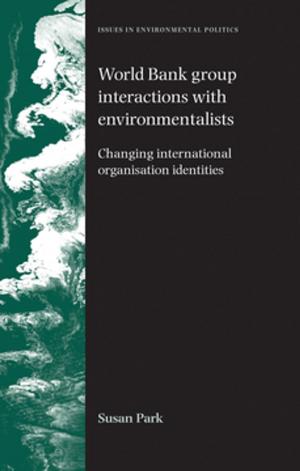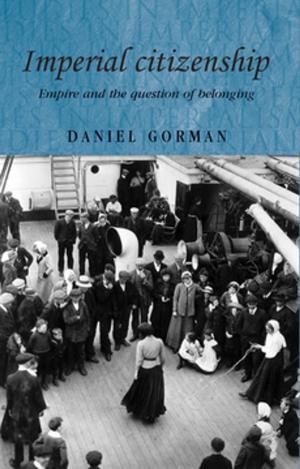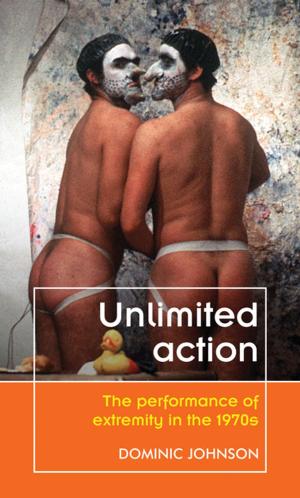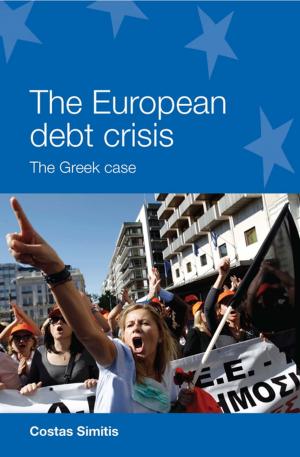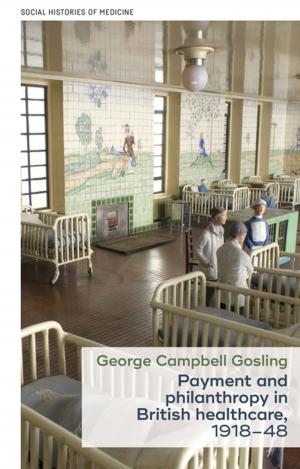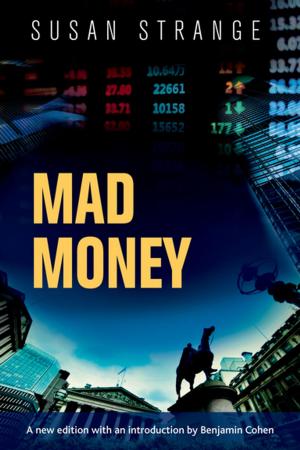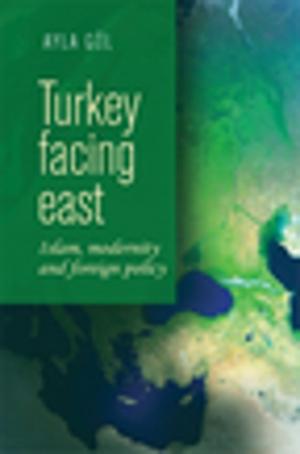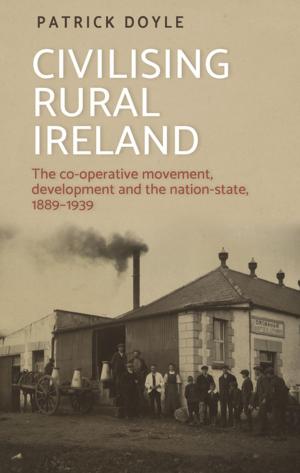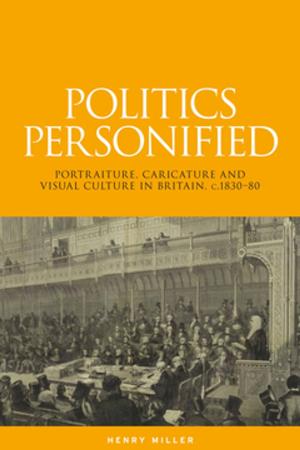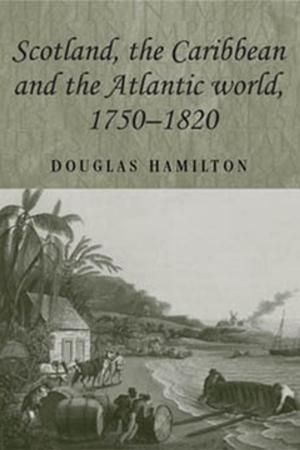Template for peace
Northern Ireland, 1972–75
Nonfiction, Social & Cultural Studies, Political Science, International, Foreign Legal Systems| Author: | Shaun McDaid | ISBN: | 9781526103499 |
| Publisher: | Manchester University Press | Publication: | May 16, 2016 |
| Imprint: | Manchester University Press | Language: | English |
| Author: | Shaun McDaid |
| ISBN: | 9781526103499 |
| Publisher: | Manchester University Press |
| Publication: | May 16, 2016 |
| Imprint: | Manchester University Press |
| Language: | English |
At no time in Northern Ireland’s history did so many significant political initiatives occur as between 1972 and 1975, the most violent and polarised years of the region’s conflict. Using archival sources, this book analyses the political events and processes that informed the British government’s Northern Ireland policy at the time, the complex interactions between Northern Ireland political parties, and the importance of the British-Irish diplomatic relationship to the search for a solution to the Northern Ireland conflict. Focusing on the rise and fall of the power-sharing Executive and the Sunningdale Agreement, the book challenges a number of persistent myths, including those concerning the role of the Irish government in the Northern Ireland conflict. It contests the notion that the years 1972 to 1975 represent a ‘lost peace process’, but demonstrates that the policies established during this period provided the template for Northern Ireland’s current, ongoing peace settlement.
At no time in Northern Ireland’s history did so many significant political initiatives occur as between 1972 and 1975, the most violent and polarised years of the region’s conflict. Using archival sources, this book analyses the political events and processes that informed the British government’s Northern Ireland policy at the time, the complex interactions between Northern Ireland political parties, and the importance of the British-Irish diplomatic relationship to the search for a solution to the Northern Ireland conflict. Focusing on the rise and fall of the power-sharing Executive and the Sunningdale Agreement, the book challenges a number of persistent myths, including those concerning the role of the Irish government in the Northern Ireland conflict. It contests the notion that the years 1972 to 1975 represent a ‘lost peace process’, but demonstrates that the policies established during this period provided the template for Northern Ireland’s current, ongoing peace settlement.
